Sustainable Growth: Bangladesh And Europe's Collaborative Partnership
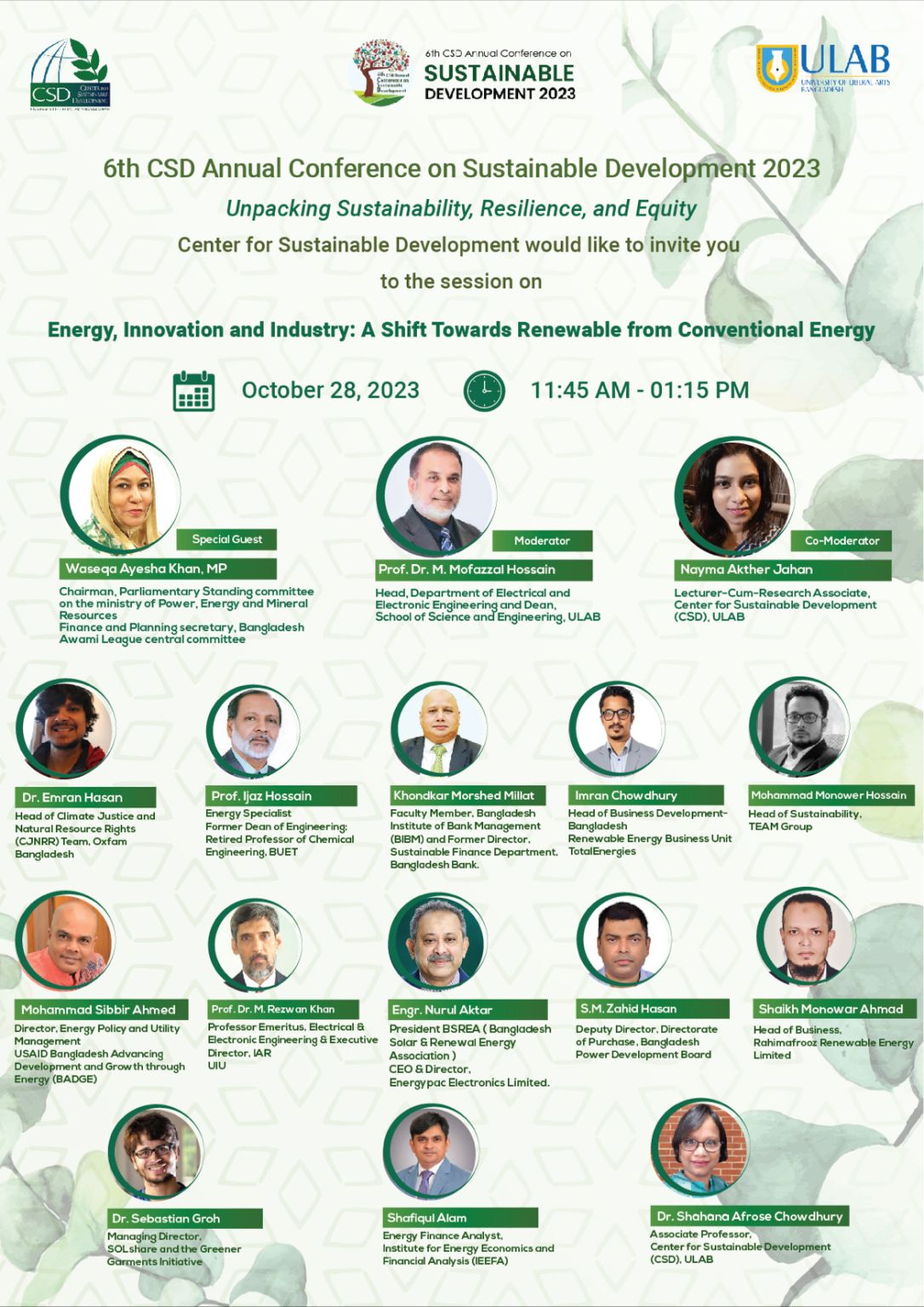
Table of Contents
Boosting Trade and Investment for Sustainable Growth in Bangladesh
Expanding Market Access for Bangladeshi Products: The European Union (EU) represents a significant market for Bangladeshi goods, particularly ready-made garments (RMG). Expanding market access for Bangladeshi products is a cornerstone of sustainable growth. Trade agreements and preferential tariffs play a vital role in this process, reducing trade barriers and facilitating increased exports.
- Opportunities: The Everything But Arms (EBA) initiative, for example, provides duty-free access to the EU market for most Bangladeshi products, boosting the country's export potential significantly.
- Successful Partnerships: The successful partnership between Bangladeshi RMG manufacturers and European retailers demonstrates the potential for mutually beneficial trade.
- Beyond RMG: Beyond RMG, other sectors like jute products, leather goods, and handicrafts also stand to benefit significantly from enhanced market access to Europe. This diversification strengthens Bangladesh's economy and reduces its reliance on a single sector.
Attracting European Investment in Sustainable Industries: Attracting European investment in sectors promoting sustainable growth is crucial. This includes renewable energy, green technology, and sustainable agriculture. These investments not only boost the Bangladeshi economy but also contribute to environmentally friendly development.
- Renewable Energy: European investment in solar and wind power projects in Bangladesh can contribute significantly to the country's energy security and reduce reliance on fossil fuels.
- Green Technology: Investment in water treatment technologies and waste management solutions addresses critical environmental challenges while creating new business opportunities.
- Sustainable Agriculture: Support for sustainable agricultural practices, such as organic farming and precision agriculture, increases productivity while protecting the environment. This directly supports sustainable growth by boosting food security and farmer livelihoods.
- Examples: Several successful European investments in Bangladesh already exist, showcasing the potential for further growth in this area. These projects offer valuable lessons and best practices for future initiatives.
Addressing Climate Change through Joint Initiatives
Bangladesh, being highly vulnerable to the effects of climate change, benefits immensely from collaborative efforts with Europe in mitigating and adapting to its impacts.
Climate Change Mitigation and Adaptation Strategies: Joint initiatives focusing on renewable energy sources, disaster risk reduction, and the development of climate-resilient infrastructure are crucial for mitigating the effects of climate change and building resilience.
- Renewable Energy Transition: Collaborative projects promoting the transition to renewable energy sources help reduce carbon emissions and enhance energy independence.
- Disaster Risk Reduction: Joint efforts in early warning systems, disaster preparedness, and climate-resilient infrastructure protect lives and livelihoods.
- Successful Projects: Several successful joint projects, such as those focusing on coastal protection and flood management, exemplify the effectiveness of collaborative efforts.
Supporting Climate-Smart Agriculture and Sustainable Resource Management: Partnerships promoting sustainable agricultural practices, including water resource management and biodiversity conservation, are essential for ensuring long-term food security and environmental sustainability.
- Sustainable Agriculture Practices: Promoting climate-smart agriculture techniques helps farmers adapt to changing climatic conditions while improving productivity.
- Water Resource Management: Investing in efficient irrigation systems and water conservation techniques ensures the availability of water resources for agriculture and other uses.
- Biodiversity Conservation: Protecting biodiversity contributes to ecosystem resilience and supports sustainable agriculture.
Capacity Building and Human Resource Development for Long-Term Sustainable Growth
Investing in education and skills development is crucial for achieving long-term sustainable growth.
Investing in Education and Skills Development: Collaborative programs focused on vocational training, higher education, and the transfer of technical expertise equip the Bangladeshi workforce with the skills needed for a sustainable economy.
- Vocational Training: Investing in vocational training programs equips individuals with the skills needed for employment in growing sectors.
- Higher Education: Strengthening higher education institutions ensures a steady supply of skilled professionals for sustainable development initiatives.
- Technical Expertise: Transferring technical expertise through training programs and knowledge sharing enhances capacity within various sectors.
Promoting Good Governance and Institutional Strengthening: Good governance and strong institutions are essential for creating a stable and predictable environment conducive to sustainable development. Collaborative initiatives focused on enhancing governance structures, promoting transparency, and combating corruption play a crucial role.
- Governance Reforms: Support for governance reforms improves the efficiency and effectiveness of government institutions.
- Transparency and Accountability: Promoting transparency and accountability strengthens public trust and reduces corruption.
- Institutional Strengthening: Investing in institutional capacity building enhances the effectiveness of government agencies involved in sustainable development.
Conclusion
The collaborative partnership between Bangladesh and Europe is proving instrumental in achieving sustainable growth. By boosting trade and investment, addressing climate change, and investing in capacity building, both regions are contributing to a more prosperous and sustainable future. Significant achievements have already been made, demonstrating the potential of this mutually beneficial relationship. To learn more about ongoing initiatives and how to participate in fostering sustainable growth in Bangladesh, explore resources from the European Union Delegation to Bangladesh and organizations dedicated to sustainable development in the region. Let's continue strengthening this partnership for sustainable growth and a brighter future for Bangladesh and Europe.

Featured Posts
-
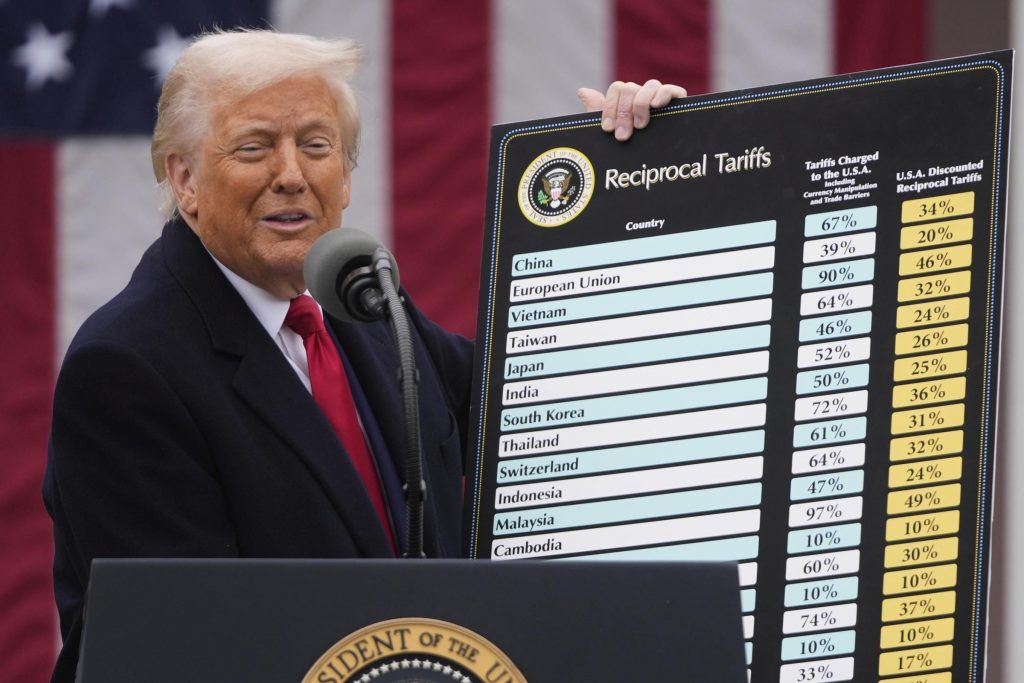 Dazi Trump Sul 20 L Impatto Negativo Sul Settore Moda
May 24, 2025
Dazi Trump Sul 20 L Impatto Negativo Sul Settore Moda
May 24, 2025 -
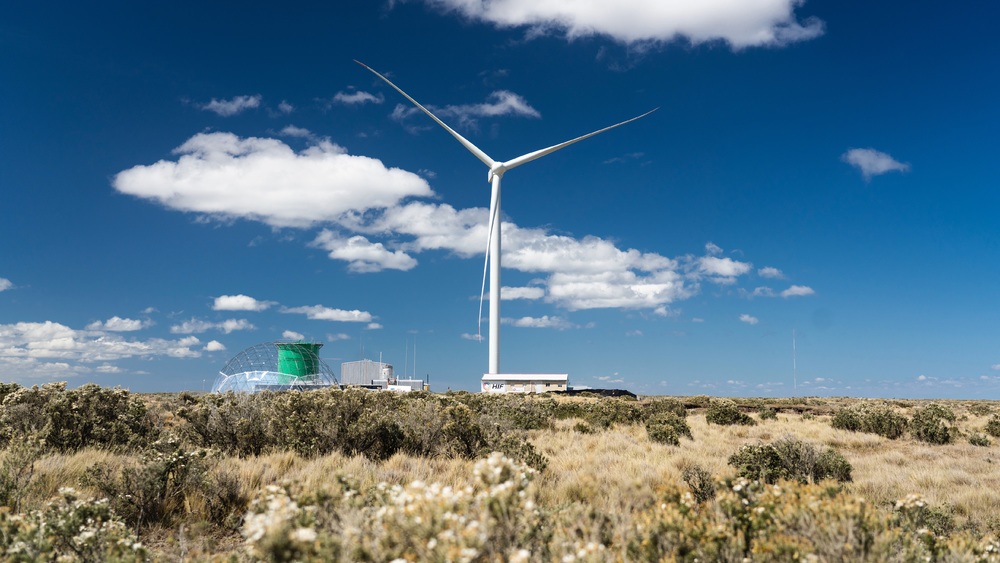 Porsche Investicijos I Elektromobiliu Infrastruktura Europoje
May 24, 2025
Porsche Investicijos I Elektromobiliu Infrastruktura Europoje
May 24, 2025 -
 13 Vuotias F1 Lupaus Taemae Nimi Kannattaa Muistaa Ferrari Teki Sopimuksen
May 24, 2025
13 Vuotias F1 Lupaus Taemae Nimi Kannattaa Muistaa Ferrari Teki Sopimuksen
May 24, 2025 -
 Can You Still Negotiate After A Best And Final Job Offer
May 24, 2025
Can You Still Negotiate After A Best And Final Job Offer
May 24, 2025 -
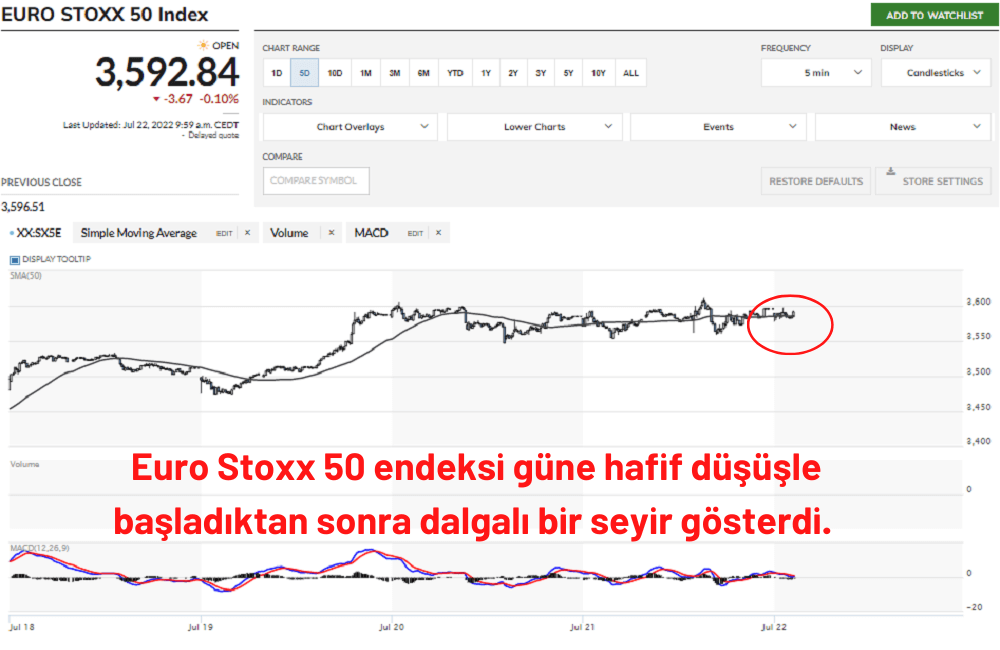 Avrupa Piyasalari Buguenkue Karisik Performans
May 24, 2025
Avrupa Piyasalari Buguenkue Karisik Performans
May 24, 2025
Latest Posts
-
 Iste En Tasarruflu 3 Burc Ve Paralarini Nasil Yoenettikleri
May 24, 2025
Iste En Tasarruflu 3 Burc Ve Paralarini Nasil Yoenettikleri
May 24, 2025 -
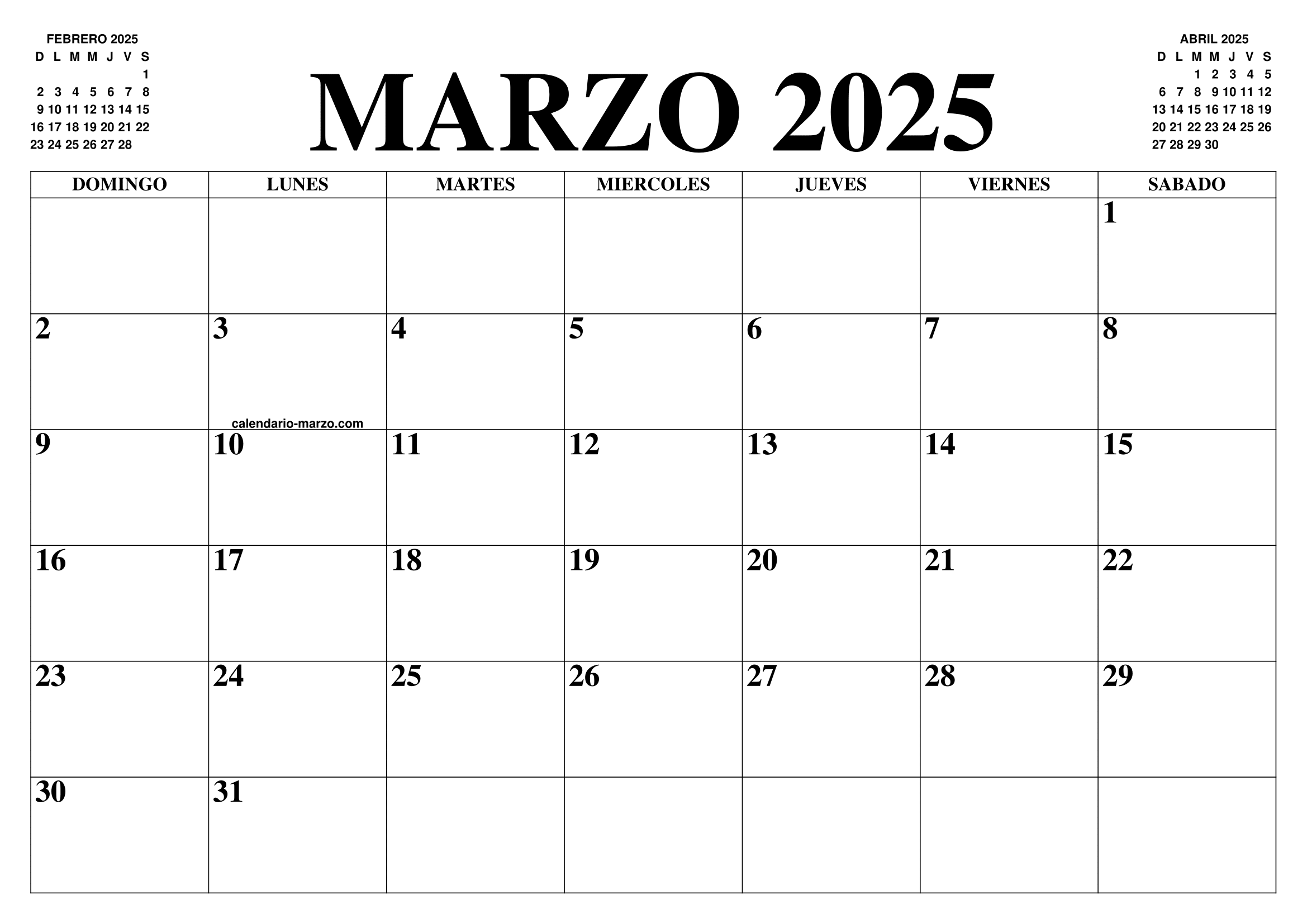 Horoscopo Predicciones Del 4 Al 10 De Marzo De 2025 Para Todos Los Signos Zodiacales
May 24, 2025
Horoscopo Predicciones Del 4 Al 10 De Marzo De 2025 Para Todos Los Signos Zodiacales
May 24, 2025 -
 Horoscopo Semanal Del 4 Al 10 De Marzo De 2025 Predicciones Para Todos Los Signos
May 24, 2025
Horoscopo Semanal Del 4 Al 10 De Marzo De 2025 Predicciones Para Todos Los Signos
May 24, 2025 -
 Londons Odd Burger Bringing Vegan Convenience To Canada
May 24, 2025
Londons Odd Burger Bringing Vegan Convenience To Canada
May 24, 2025 -
 7 Elevens New Vegan Menu A Collaboration With Londons Odd Burger
May 24, 2025
7 Elevens New Vegan Menu A Collaboration With Londons Odd Burger
May 24, 2025
